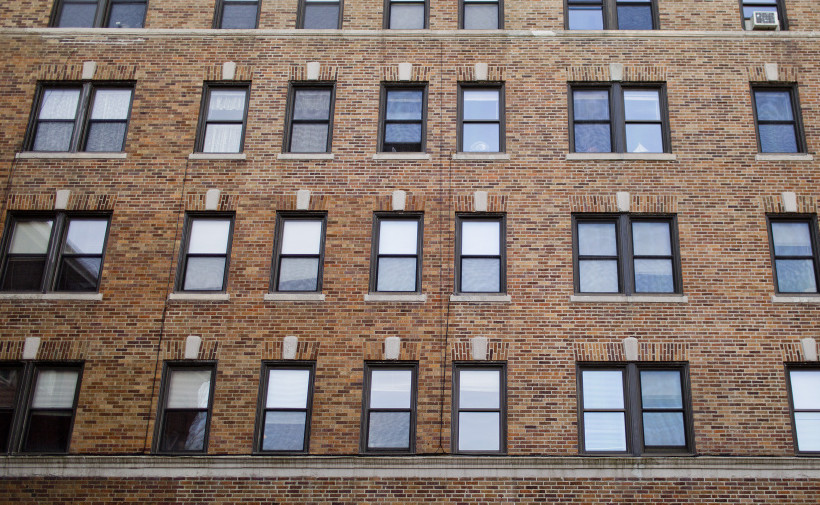What are we talking about when we talk about affordable housing?
That sounds like an easy one. We are talking about shelter, one of the three basic needs for survival, and a family’s ability to pay for it.
But once the conversation gets rolling, we find that we are talking about a lot more.
With cities competing against each other to attract entrepreneurs and distance workers, affordable housing is an economic development issue.
As homeless people outnumber shelter beds, affordable housing becomes a social service issue.
It’s also an aging-in-place issue, a transportation issue, an education issue and an income inequality issue, and its availability determines the culture and character of a community. If the people of a city want to make a statement about who they are and what they stand for, what they have to say about affordable housing will speak volumes.
Starting Sunday, The Portland Press Herald/Maine Sunday Telegram will be unveiling “Welcome to Portland – No Vacancy,” a weeklong series of stories, photos, video and other Web content that takes a deep look at Portland’s rental housing crisis, showing where we are, how we got here and what’s next.
Research for the project will confirm what many people have already suspected: There’s just not enough housing to go around.
Competition for places to live pits rich against poor, long-term residents against newcomers, old against young, and it’s driving rents beyond the capacity of middle-income people to pay. That’s changing the character of the city – the same character that attracted so many people to move here and makes long-timers want to stay.
The problem of climbing rents in Portland matters, no matter where you live or whether you have an affordable roof over your head. Portland is the economic engine of the state, and Maine can’t succeed without a healthy Portland. Competition for housing within the city has consequences that stretch far beyond municipal boundaries.
While people in Portland fight over available apartments, the city is competing with other small and midsize cities around the nation for people with talent and skills. Instead of a factory that employs hundreds of workers, Portland is vying for hundreds of individuals who might move here and bring their jobs with them, start a company or help a local business grow.
They are attracted by things like our natural setting, low crime rate, historic buildings, walkable streets and food, art and music scenes, but they won’t come if they can’t find an affordable place to live.
We need these people to choose Portland, even though the prospect of a flood of newcomers does not make everybody happy. Housing is scarce and people who already live here, including some who have lived here all their lives, don’t want to be forced out. That anxiety feeds an anti-development attitude which only makes the problem worse.
As the “No Vacancy” series outlines, this crisis has been building for a long time and there are no easy answers. It will take the combined effort of government at the state, city and federal levels, along with the participation of businesses and nonprofits, to create enough new housing to ensure that there is room for people of all incomes.
It will also require creative problem-solving and compromise on controversial topics like open space, parking, density and building heights.
Portland has one great advantage: A lot of people want to live here. How we can mitigate all that comes with that is the challenge of our age.
Send questions/comments to the editors.



Success. Please wait for the page to reload. If the page does not reload within 5 seconds, please refresh the page.
Enter your email and password to access comments.
Hi, to comment on stories you must . This profile is in addition to your subscription and website login.
Already have a commenting profile? .
Invalid username/password.
Please check your email to confirm and complete your registration.
Only subscribers are eligible to post comments. Please subscribe or login first for digital access. Here’s why.
Use the form below to reset your password. When you've submitted your account email, we will send an email with a reset code.